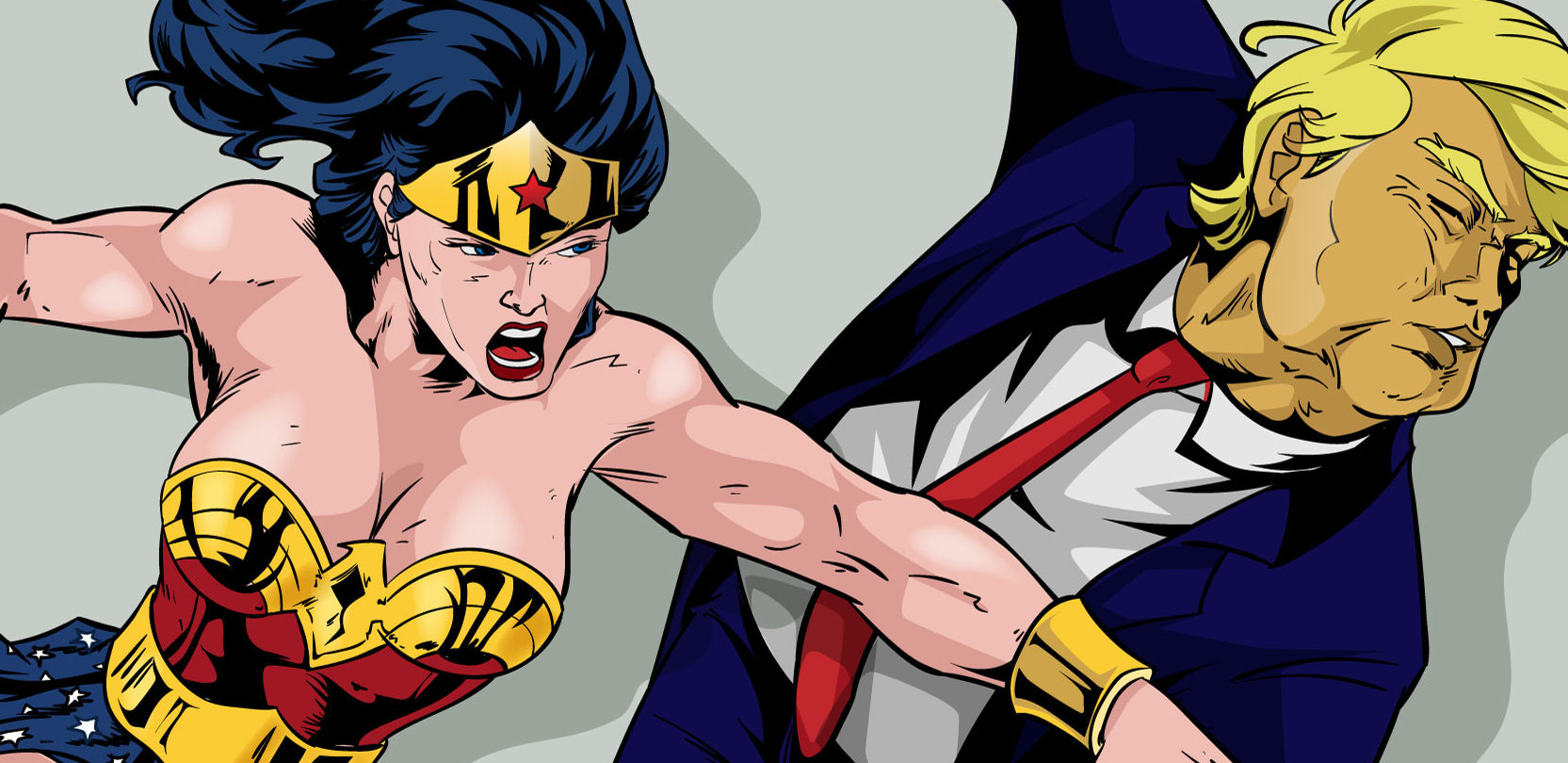Talking Points Memo just highlighted something disturbing in an interview President Trump had with The Hill yesterday: Trump floated the idea that he could have fired Comey before he was even elected.
No, really. It’s that blatant:
“If I did one mistake with Comey, I should have fired him before I got here. I should have fired him the day I won the primaries,” Trump said. “I should have fired him right after the convention, say I don’t want that guy. Or at least fired him the first day on the job. … I would have been better off firing him or putting out a statement that I don’t want him there when I get there.”
So, yeah. Let’s unpack that. The sitting President of the United States literally said he “should have fired” a government official as soon as he won the Republican nomination. For reference, the 2016 Republican convention lasted from July 18 to July 21, a full six months before he was inaugurated and actually became President. It’s also more than three months before Trump even won the election.
Maybe Trump didn’t know what he was saying? He seems to immediately backtrack a little, going from “I should have fired him” to “say I don’t want that guy,” but he’s still talking about demanding the firing of a public official months before he’d have the authority to act on it.
And would there have been much difference in public perception or practical effect, between Trump saying “Comey is fired!” and saying “Obama, Fire Comey!”, in July 2016? No, not really, either would be understood as a clear message that Trump wants Comey fired ASAP.
Going back to The Hill’s interview, Trump suddenly shifted to Inauguration Day, But then repeated the idea that he should’ve demanded Comey’s firing even before taking office:
“Or at least fired him the first day on the job. … I would have been better off firing him or putting out a statement that I don’t want him there when I get there.”
This is illogical, if you just read it at face value. We already know that Trump fired Comey over the Russia investigation, which Comey and the FBI didn’t even publicly disclose until March 2017. So how could Trump have known to demand Comey’s resignation before he knew the thing that made him fire Comey?
If you put the narrative plot holes aside, and ask why Trump is pushing this narrative, things make more sense. What does Trump stand to gain now by declaring that his “one mistake” with Comey was that he didn’t fire Comey sooner?
To rephrase that a little, what does Trump stand to gain by sending the message that his only regret about firing a public official investigating him was not firing him fast enough?
Trump can’t explicitly threaten to fire anyone for participating in an investigation him or his campaign. (It sounds like his staff have finally convinced him of that much.) But without Congress placing any real checks on him, it sounds like he’s figured out he can make implied threats of retaliation just fine…
